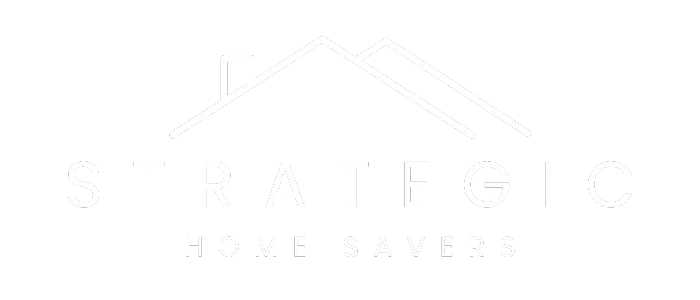What is Mortgage Modification?
Mortgage modification is a process where a lender permanently changes the terms of a borrower’s mortgage to make payments more manageable. This is typically done to help homeowners who are struggling financially avoid foreclosure or make their monthly payments more affordable.
How Can a Mortgage Be Modified?
Lenders may modify a mortgage in several ways, including:
Reducing the interest rate: A lower interest rate decreases the amount of interest charged on the loan, resulting in lower monthly payments.
Extending the loan term: Extending the repayment period (e.g., from 20 to 30 years) can reduce monthly payments, though it may increase the total interest paid over time.
Principal reduction: In rare cases, a lender may forgive a portion of the outstanding loan balance, reducing the amount owed.
Changing the payment schedule: Some lenders allow adjustments, such as changing the due date or switching from bi-weekly to monthly payments.
Rolling past-due payments into the loan balance: If you’ve fallen behind on payments, the lender may add the missed amounts to the total loan balance and recalculate the monthly payment.
Who is Eligible for Mortgage Modification?
Mortgage modification is generally available to homeowners experiencing financial hardship, such as:
Job loss or a significant reduction in income
Unexpected medical expenses
Divorce or death of a co-borrower
Other unforeseen financial difficulties that impact the ability to make payments
Eligibility varies by lender and loan type, and most lenders require proof of hardship, such as pay stubs, tax returns, and a hardship letter explaining your situation.
Benefits of Mortgage Modification
Helps homeowners avoid foreclosure and keep their homes
Reduces monthly payments, making them more affordable
Can provide long-term financial relief by adjusting the loan terms
Risks and Considerations
Not all applications are approved – lenders evaluate each case individually.
Modification may extend the loan term, leading to more interest paid over time.
It can impact your credit score – some modifications are reported as "settled" or "restructured," which could affect future borrowing.
Trial periods may be required, meaning the modification isn’t guaranteed until you successfully make a set number of trial payments.
You may still need to sell your home if you cannot afford the new payments.
If you're struggling to make mortgage payments, modification can be a helpful option to stay in your home. However, it's important to weigh the pros and cons carefully and explore all available options, including refinancing or other financial assistance programs.

